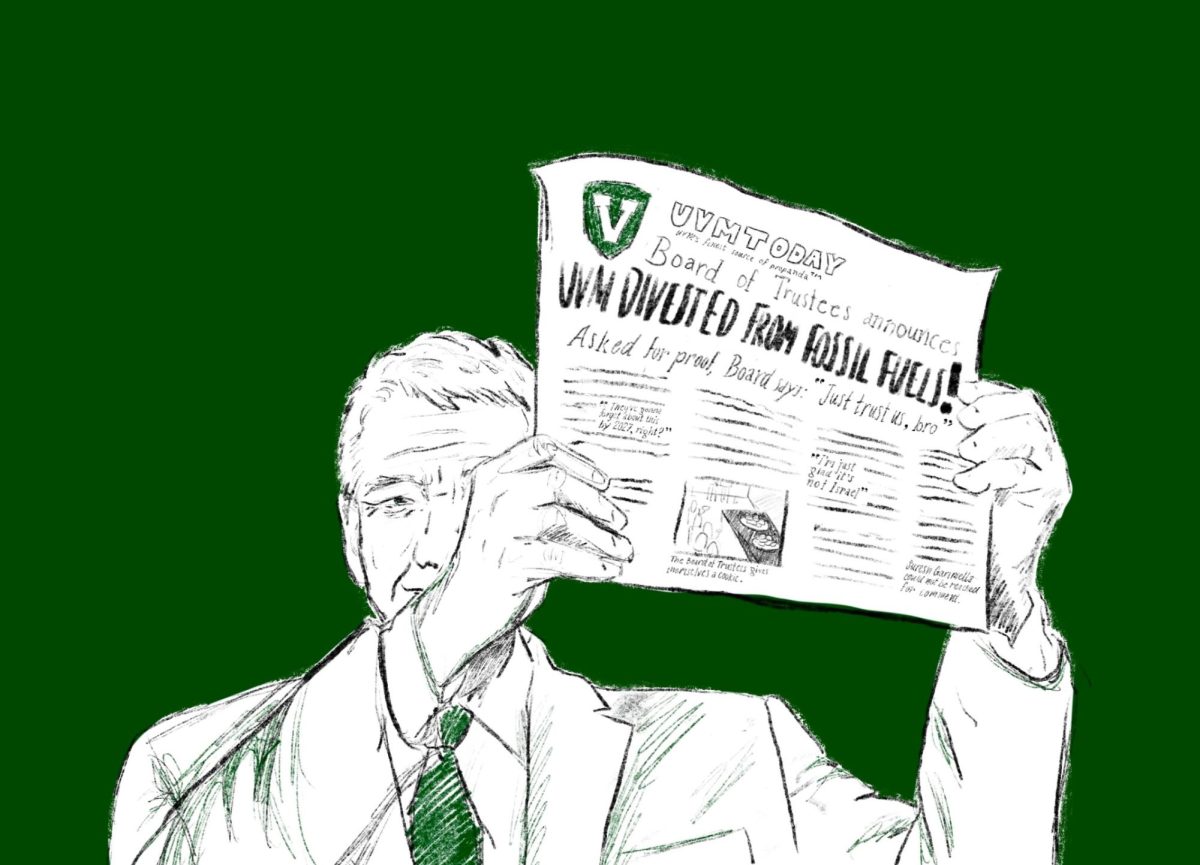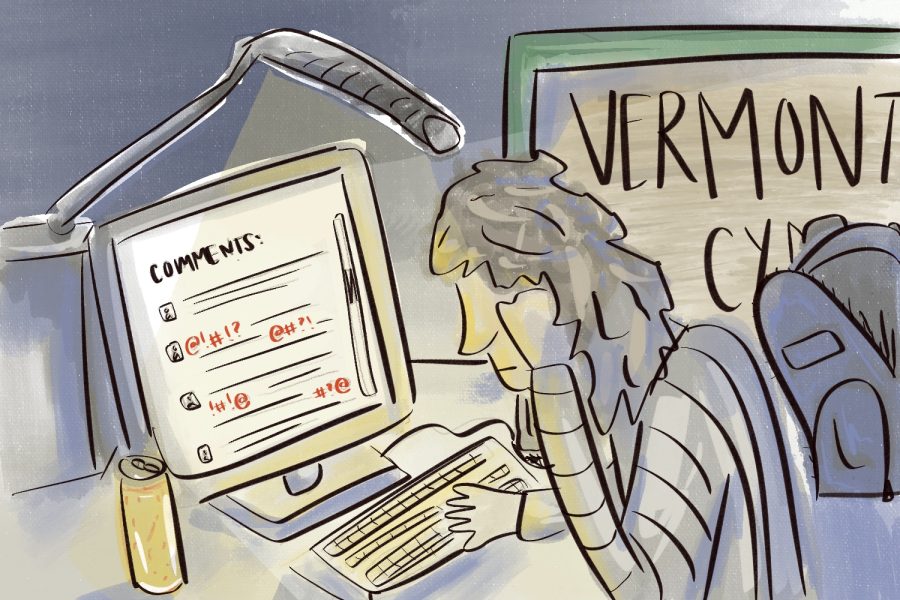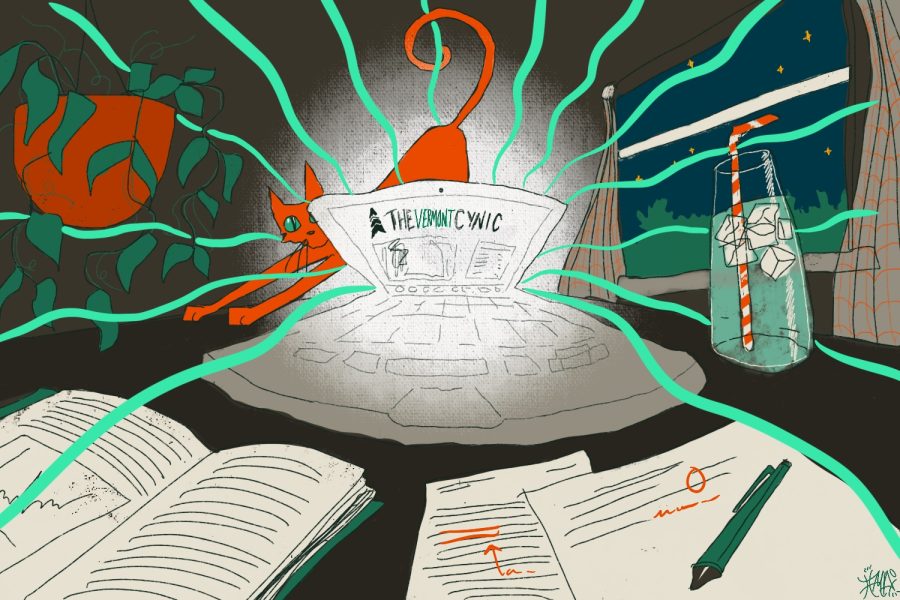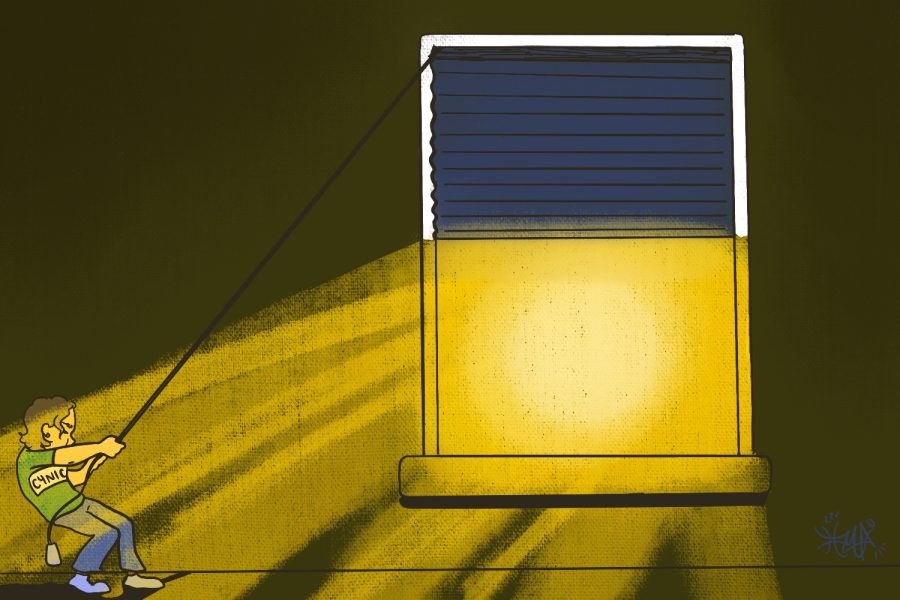This week, students will be making big decisions about their future — they’ll be deciding what classes to take next semester.
This series of decisions is never easy. And, with so many factors at play, it shouldn’t be. Not only do students have to navigate academic requirements, but, increasingly, part-time jobs, internships and club commitments, as well.
As the requirements for a successful life after graduation pile on and become progressively more complicated, the need for smart and consistent advising grows. Unfortunately, this need has not been met. The current advising system has a number of key pitfalls, according to a report last year by the faculty senate.
One of the major issues is a lack of advising standards. Many students have assessed their adviser in some way —assessments of advisers, like course evaluations, aren’t standard across the colleges. However, these ratings aren’t nearly as useful as they could be without knowing what good advising actually looks like.
Experiential learning — jobs, internships, clubs and volunteer work — was also identified by the report as a major area needing improvement for UVM advising. Successful advising would connect students to these opportunities.
The provost has taken some real, concrete steps to improve advising. We applaud his office’s work and the directions he gave to the deans in a September letter. He’s asked the deans to standardize the responsibilities of their advisers, involve older students as mentors to younger students, cater to the needs of specific years — for example, make sure juniors and seniors are exposed to job and internship opportunities — and make sure all first-years actually know about the advising UVM offers.
The one, glaring exception is the creation of an advising center. The faculty senate emphasized this need; however it was absent from the provost’s directions and the development of a catch-all advising center is on hold, indefinitely. Installing an advising center where the CATcard office in the Davis Center is would provide huge benefits for a comparably small cost.
It’s hard to believe that we’re so strapped for cash, during the largest capital campaign in the University’s history, that we can’t simply relocate the CATcard office to make some room — they don’t need to occupy the most accessible office space on campus.
The Career Center has been a success. Its location, openness and efficiency erases doubts in the minds of students when they need career advice and counseling. When they need help, they know where to go. That opportunity clearly does not exist when it comes to academic advising The worst part is that the groundwork has already been laid and the University knows what it needs to do.
So let’s do it.













